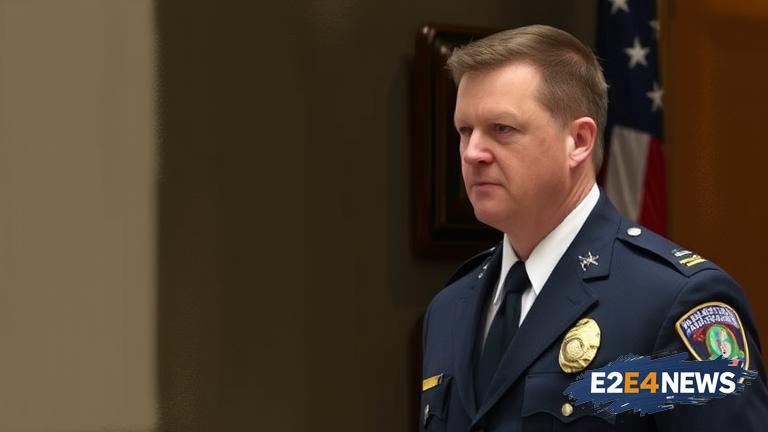The highly publicized trial of former Louisville police officer Brett Hankison has concluded with a not guilty verdict. Hankison was charged with three counts of wanton endangerment for his role in the fatal shooting of Breonna Taylor. The incident occurred in March 2020 when police executed a no-knock warrant at Taylor’s apartment, leading to a confrontation that resulted in her death. The acquittal has sparked widespread outrage and calls for reform. The prosecution argued that Hankison’s actions were reckless and put the lives of Taylor’s neighbors at risk. However, the defense maintained that Hankison was following protocol and did not intentionally endanger anyone. The jury deliberated for several hours before delivering the verdict. The case has drawn national attention and has become a rallying cry for the Black Lives Matter movement. Taylor’s family and supporters have expressed disappointment and frustration with the outcome. The city of Louisville has implemented reforms aimed at preventing similar incidents in the future. The FBI is also conducting an investigation into the shooting. Hankison’s acquittal has raised questions about the accountability of law enforcement officers. The case has also highlighted the need for greater transparency and oversight in police operations. Furthermore, the incident has sparked a national conversation about racial disparities in the justice system. The verdict has been met with protests and demonstrations across the country, with many calling for justice and reform. In response to the verdict, Taylor’s family has vowed to continue fighting for justice and to ensure that similar incidents do not happen in the future. The case serves as a reminder of the ongoing struggle for racial equality and justice in the United States. The incident has also led to changes in police policies and procedures, including the use of no-knock warrants. Additionally, the case has highlighted the importance of police accountability and the need for independent investigations into police shootings. The verdict has been widely criticized by civil rights groups and community leaders, who argue that it sends a message that law enforcement officers are above the law. The case will likely have far-reaching implications for police reform and racial justice in the United States.
